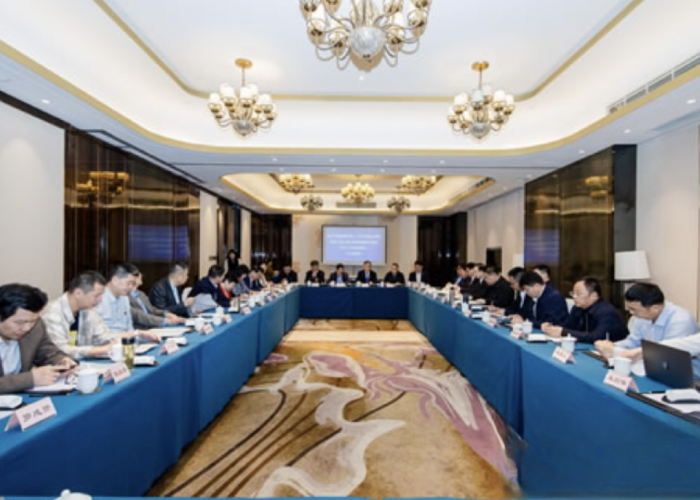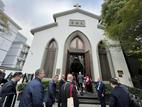After General Secretary Xi Jinping's important speech on religious work delivered at the 22nd group study session of the Political Bureau of the CPC Central Committee, Rev. Xu Xiaohong, chairperson of the national TSPM, published an article discussing how to advance the sinicization of Christianity with the goal of achieving "deep integration," enabling the church to maintain healthy continuity and sustainable development within the Chinese context.
According to CCC&TSPM, he noted that the essence of promoting the sinicization of Christianity lies in addressing the question of "how religion can be integrated with the core of Chinese society, its cultural roots, and governance system," transitioning from "external adaptation" to "internal harmony," and ensuring that Christianity continues to develop healthily within China's social and cultural framework.
Rev. Xu emphasized the importance of continued progress in three key areas:
First, upholding the principle of independence and self-governance is the cornerstone of the healthy development of the Chinese church and the fundamental guarantee for promoting sinicization. Christianity in China should adhere to the "Three-Self" principles—self-governance, self-support, and self-propagation—establishing a system of church management and pastoral care that aligns with the Chinese social context. Through these efforts, the church can participate in social development in a mature and rational way, grow healthily under national laws, and avoid dependency on foreign forces or becoming detached from the national governance framework.
Second, cultural integration should go beyond external forms and focus on the fusion of theological thought and cultural spirit. Rev. Xu stressed the importance of identifying points of convergence between Christian beliefs and the core values of Chinese culture, reconstructing theological expressions within China's cultural context.
For instance, the Christian teaching of "love your neighbor as yourself" can be connected with Confucianism's principle of "benevolence and love for others" and Mohism's "universal love," while the concepts of "harmony without uniformity" and "universal harmony" can be used to interpret the Christian pursuit of "reconciliation and peace." This approach allows Christianity to transcend its perception as a "foreign religion" and become an integral part of Chinese culture.
Third, religion's social responsibility lies in serving the nation, society, and the times. The moral strength of religion should align with mainstream social values and be manifested through practical actions such as caring for the vulnerable, alleviating poverty, promoting honesty and lawfulness, and fostering social harmony. Believers should understand that "doing good" is not only an expression of personal virtue but also a manifestation of social responsibility and compassion for all.












